Climate change: Isle of Man could be a world leader, advisor says
- Published
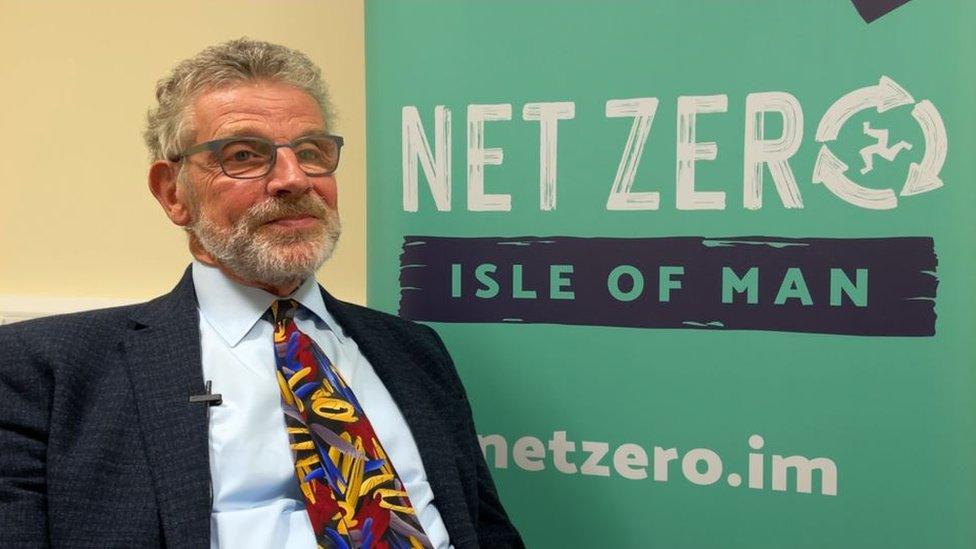
Prof Curran has been advising the Manx government on climate change since 2019
The Isle of Man could be a world leader in reducing carbon emissions if it meets targets, a government advisor has said.
Members of Tynwald will vote on the Isle of Man Climate Change Plan 2022-2027 next week.
If approved the island could import more electricity from the UK and phase out gas boilers.
Prof James Curran said the pledges would bring the island "rapidly up to speed with the rest of the world".
The island has committed to achieving net-zero emissions by 2050, with an interim target of 35% by 2030.
Prof Curran, a former chief executive of the Scottish Environment Protection Agency who was tasked with creating an action plan for the island, said the ambitions were "tough" but achievable.
The introduction of a second interconnector cable to the UK to import energy by 2030 would "contribute hugely to carbon neutrality", he added.
'Delivery, delivery, delivery'
Prof Curran also believed "driving hard ambitions" was "vitally important" to the future economy of the island.
He said with a greater global focus on sustainability "businesses won't want to locate here, they won't want to invest here", if climate change was not prioritised.
"Maybe progress hasn't been as fast as some would like" he added, suggesting it was understandable thinking had been "overruled" by the pandemic and the cost of living crisis.
The advisor, who is stepping down from his role advising government, expects the Isle of Man will "move really fast" to be "up-there" with world leaders on climate change.
The focus now needs to be all about "delivery, delivery, delivery", he said.

Why not follow BBC Isle of Man on Facebook, external and Twitter, external? You can also send story ideas to IsleofMan@bbc.co.uk, external
Related topics
- Published22 July 2022
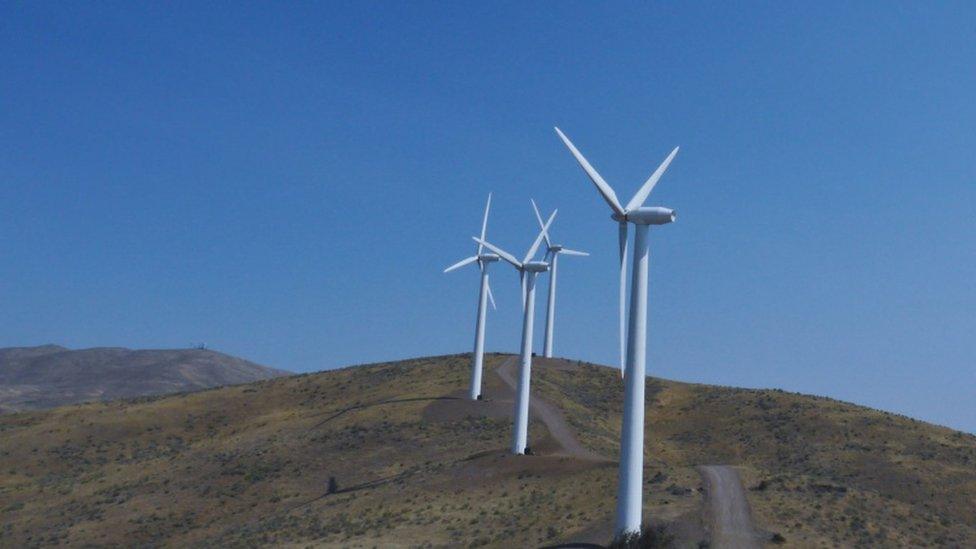
- Published16 March 2022
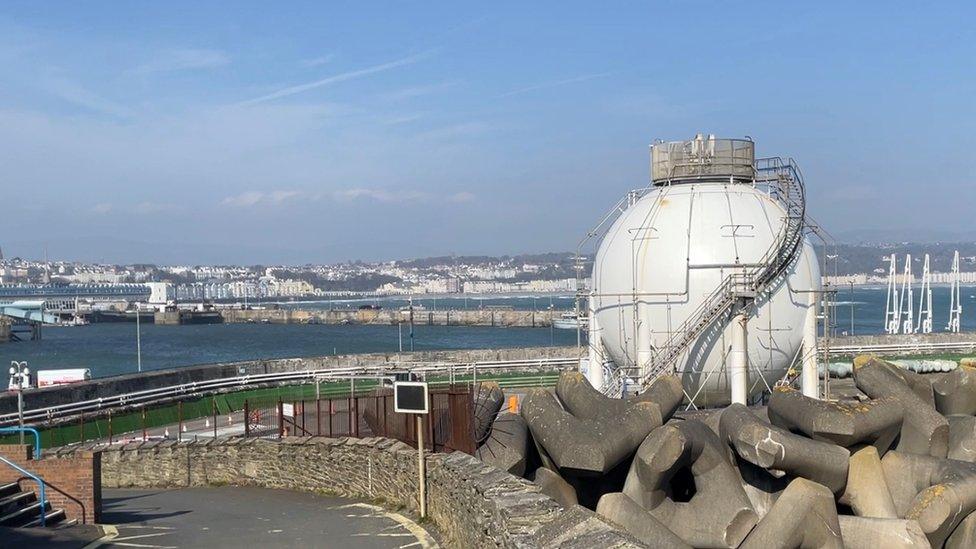
- Published15 March 2022
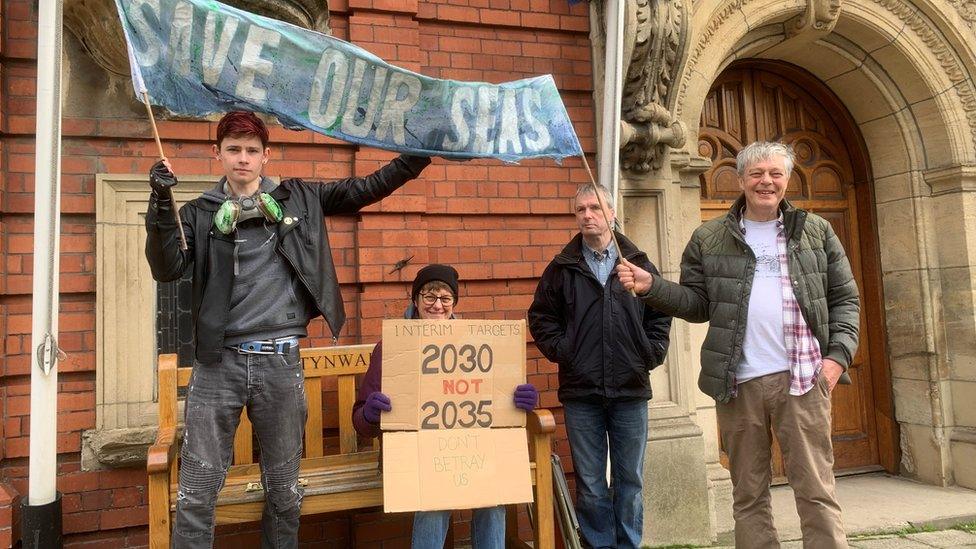
- Published7 March 2022
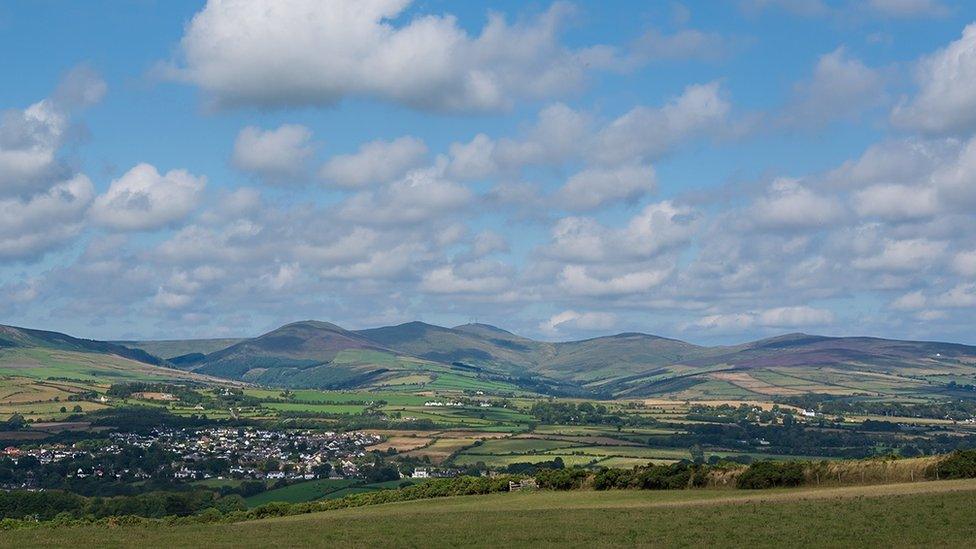
- Published27 January 2022
